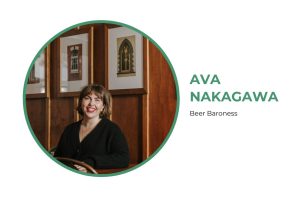It’s a legal requirement under the Gambling Act that any venue which provides gambling facilities must have staff trained in harm prevention and minimisation. The Department of Internal Affairs is responsible for monitoring the class 4 gambling industry to ensure it adheres to relevant rules, regulations and legislative requirements.
Established in 1998, NZCT is New Zealand's largest gaming trust. It holds 16 percent of the market share and plays a significant role within the New Zealand amateur sporting community, with at least 80 percent of funds distributed going towards amateur sport. While sport is the main focus, NZCT is also a strong supporter of other community activities, including local government projects, health care organisations, arts, and essential rescue services like Life Flight Trust and Coastguard New Zealand.
NZCT has stringent harm minimisation processes in effect at all of its venues.
“This is often done in person by one of our field staff who will talk venue staff through our harm minimisation manual, which includes how to recognise the signs of harmful gambling and manage appropriately potential and actual problem gamblers,” said a spokesperson from NZCT. “We have also developed an online training module with a built-in assessment that venue staff need to pass. This is used in addition to the face-to-face training and for annual refreshers. We supply all our venues with the Health Promotion Agency’s harm minimisation resources and encourage them to attend other training.”
Every venue which operates as part of NZCT must have a 'venue nominee' on duty whenever gaming machines are operating. This person is responsible for ensuring the venue maintains responsible gambling standards. They have been trained in procedures for implementing responsible gambling and can identify potential and actual problem gamblers, and will advise on exclusion orders and provide information to help anyone with a gambling problem.
As well as preventative measures, the industry also allows self-identified problem gamblers to ‘self-exclude’. Self-exclusion orders under section 310 of the Act provide gamblers who believe they may be experiencing gambling-related difficulties with the option to exclude themselves from the gambling area of a particular venue or a number of particular venues. Alternatively, the venues themselves can issue exclusion orders – affording gambling providers the opportunity to exclude a person who they believe on reasonable grounds may be an actual or potential problem gambler Exclusion orders are not a disciplinary tool to be used in a punitive manner, nor are they a trespass order, but rather a way of stopping a problem before it starts. Gambling venues are private property and venue staff can ask any patron to leave the premises without needing to give them a reason.






